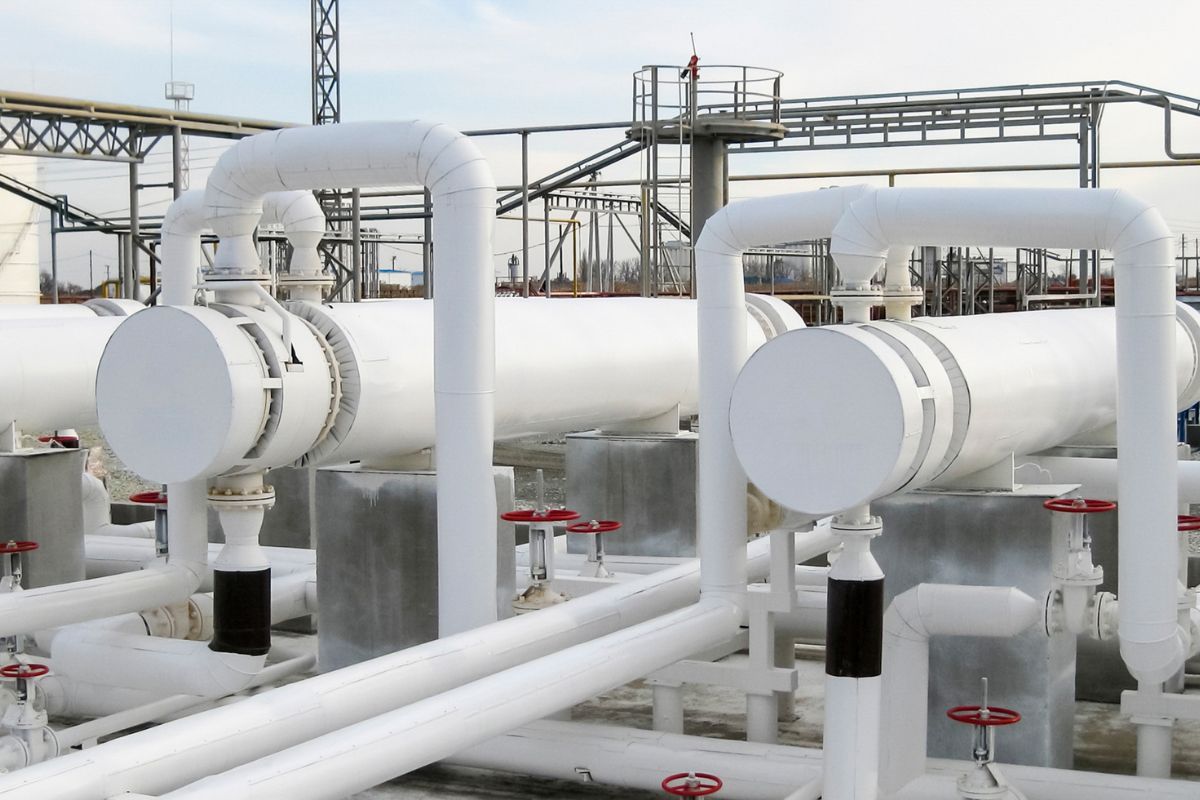

In today’s rapidly evolving world, environmental sustainability has become a cornerstone of business operations, especially in how companies manage their energy consumption. One aspect under significant scrutiny is commercial oil heating, a vital component for many enterprises.
A boiler emergency call out can reveal not just technical faults but also compliance issues with new environmental standards. This article delves into the future environmental regulations affecting commercial oil heating and why businesses must stay ahead of these changes.
Table of Contents
In response to global warming and environmental degradation, governments worldwide are imposing stricter emission standards on commercial heating systems. These regulations aim to significantly reduce businesses’ carbon footprints, focusing on lowering the emissions of harmful pollutants like CO2, NOx, and particulate matter. Companies using oil heating systems will need to upgrade or replace their existing boilers with newer, more efficient models that emit fewer pollutants.
Failure to comply with these new standards can result in hefty fines and damage to a company’s reputation. Businesses must, therefore, be proactive in understanding and adapting to these regulations, ensuring their heating systems are compliant and as environmentally friendly as possible.
The future of commercial heating is also steering towards renewable energy sources. Solar thermal, biomass boilers and heat pumps are becoming more popular as alternatives to traditional oil-based systems. These renewable options not only help businesses meet environmental regulations but also offer long-term savings on energy costs.
Adopting renewable heating solutions can also position a company as a leader in sustainability, enhancing its brand image and appeal to eco-conscious consumers. The transition to renewable energy sources is a significant step towards achieving carbon neutrality, a goal many governments and corporations are aiming for.
New regulations are not just about reducing emissions; they also mandate improvements in energy efficiency. Future standards will likely require commercial heating systems to utilize fuel more efficiently, reducing wastage and lowering operational costs. This move towards energy efficiency will compel businesses to invest in modern heating technologies that offer better heat distribution and less energy loss.
Upgrading to more efficient heating systems can be a substantial upfront investment, but the long-term savings on energy bills and the avoidance of potential penalties for non-compliance make it a wise financial decision. Additionally, efficient systems contribute to a more sustainable environment by conserving resources and reducing greenhouse gas emissions.
Regular maintenance and inspections of commercial heating systems will become more critical to ensure compliance with future environmental regulations. These checks will help identify inefficiencies and potential emissions violations before they become serious issues. Regular maintenance also extends the lifespan of heating equipment, ensuring it operates at optimal efficiency for longer.
Businesses should consider setting up scheduled maintenance plans and regular inspections as part of their operational strategy. This proactive approach can prevent unexpected breakdowns, avoid emergency call-outs, and ensure continuous compliance with environmental regulations.
Ideal Heat Solutions experts say, “If you’re looking for planned or emergency commercial boiler hire, they can help.”
Due to future environmental regulations, the landscape of commercial oil heating is set to change dramatically. Businesses must consider stricter emission standards, a shift towards renewable energy, enhanced energy efficiency requirements, the necessity for regular maintenance, and the availability of financial incentives.
Adapting to these changes is a legal obligation and an opportunity for companies to lead in sustainability, improve their operational efficiency, and positively impact the environment. The time to start planning for these future regulations is now, ensuring a smoother transition and a more sustainable future for all.
The future of commercial oil heating lies in innovation. Here are some developments to watch out for:
Stakeholders across the oil industry must collaborate to achieve sustainable solutions. This includes:
The future of commercial oil heating is intertwined with environmental stewardship. By embracing cleaner technologies, adhering to regulations, and fostering collaboration, we can create a more sustainable energy landscape. As businesses transition, they contribute not only to their bottom line but also to a healthier planet.
Remember, the journey toward greener heating begins today, and every step counts.
Sign up to receive our email, delivering the latest stories straight to your inbox.
